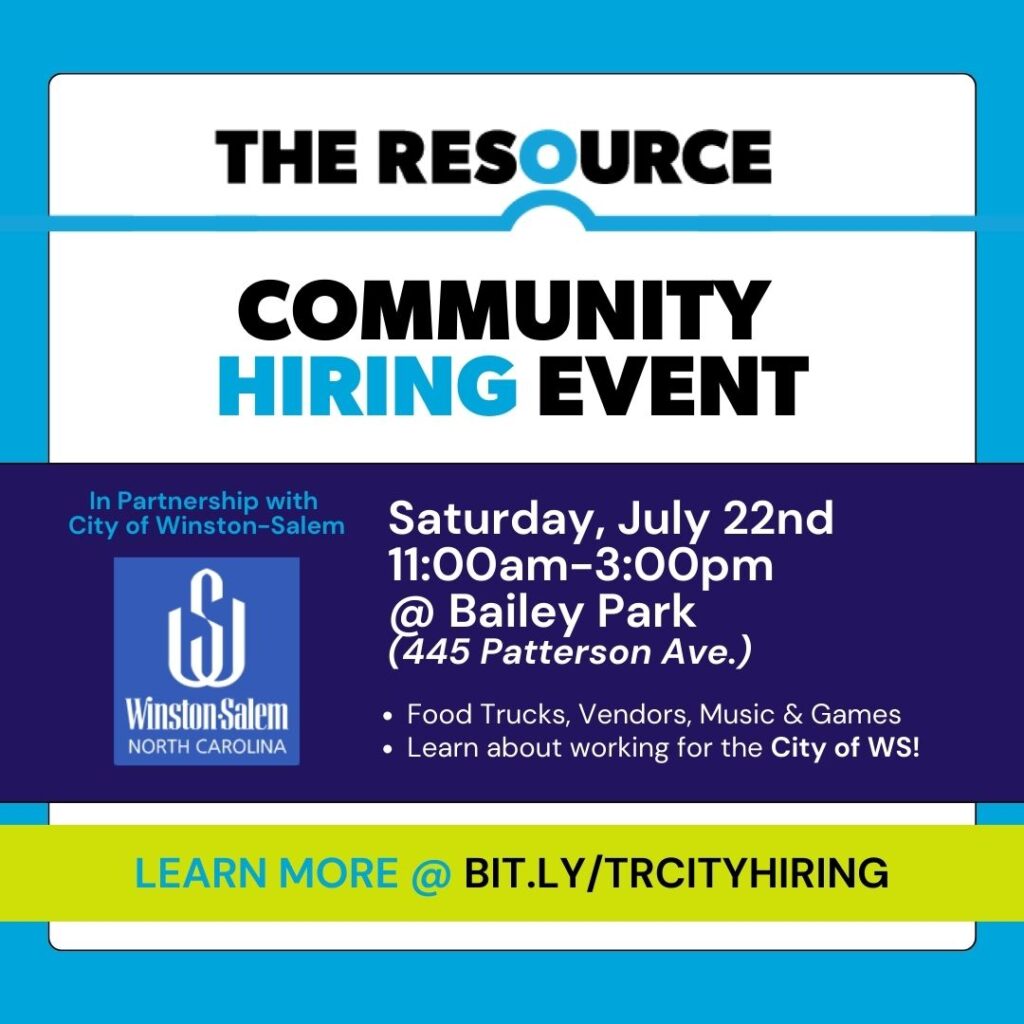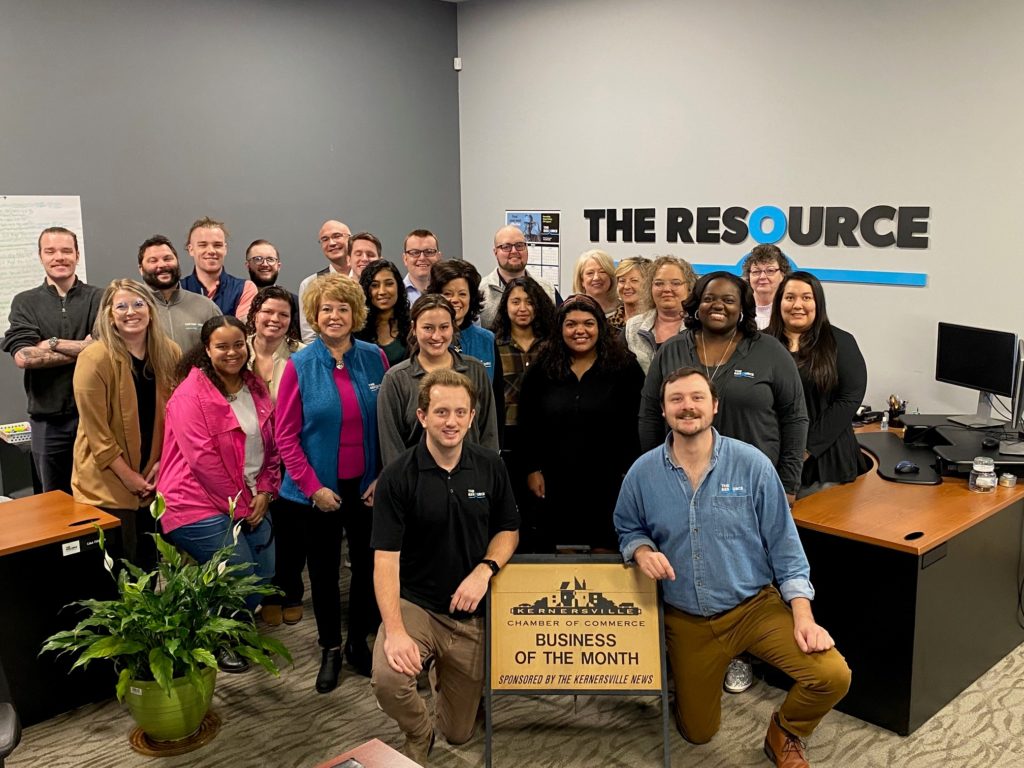Recruitment professionals can gain invaluable information by speaking with an applicant’s job references. These conversations supply insights that no resume or candidate interview will ever reveal. They can shed light on the influence a candidate had over their teammates, for example, why they missed out on a big promotion. They can give a prospective employer a head’s up on that individual’s strengths—and their blind spots. To elicit this kind of information, recruiters should conduct their conversations with job references both thoughtfully and intentionally. At each step of the process, a recruiter not only gathers important information about an applicant but also builds rapport that will make it easier to get answers to bigger, more revealing questions later. When speaking with job references, recruiters can’t just cut to the chase. They need to use the early part of their conversations to confirm a few details, set the tone, and establish trust. The best way for recruiters to do this is to remember their manners: they should start by asking how the reference’s week is going and thanking them for taking the time to have this conversation. These talking points aren’t simple formalities but lay the groundwork for asking more significant questions later on. Questions to ask: Moving on from the basics, the recruiter’s goal is to glean as much information as they can about what it’s like to work with the candidate in question. They should start with the good stuff and ask the reference to talk about areas in which the candidate excels. If the answer isn’t illuminating, the recruiter can try a different angle (for example, asking the reference to recall specific projects they worked on with the candidate). Behavioral questions help recruiters dig deeper into candidates’ skills. Although such questions will vary according to the job, they all work toward the same goal: revealing how the candidate works. To find out if a candidate gets along well with their teammates, ask the reference how that candidate collaborated with their peers. To gauge a candidate’s level-headedness, ask about how they handled angry customers or frustrating coworkers. Questions to ask: Next, ask about a candidate’s weaknesses. Recruiters who fail to do this not only risk making a bad hire but also shortchange the candidate: an organization that understands a candidate’s shortcomings can anticipate and address them during onboarding and beyond. A job reference may struggle to discuss the candidate’s weak points. In this case, asking them to talk about an applicant’s soft skills (such as professionalism and interpersonal relatability) can yield insights on whether the candidate is a good fit for the role, the team, and the organization. Questions to ask: After establishing key details, talking over a candidate’s strengths, and asking about their weaknesses, it’s time to give the reins to the job reference. Ask them for their opinion: would they rehire this applicant? In all honesty, what do they think about the candidate? To end the call, ask the reference if there’s anything they want to discuss that they weren’t specifically asked about. This question blows the conversation wide open, inviting the reference to mention an important tidbit the recruiter might not have discovered otherwise. If the reference has nothing new to mention, they may circle back to the point they found the most important (that they heartily recommend the candidate, for example—or that they’re just not sure the candidate would be the right fit). Questions to ask: The conversations that ensue from following these four steps will yield insights that can save an organization from nightmare hires. Whether they pick up the phone and make these essential calls or turn to skills verification software that automates reference checking, hiring teams in today’s job market need to be sure to gather this critical information. Step #1: Get comfortable
Step #2: Assess strengths
Step #3: Prod at potential problems
Step #4: Open it up
Final thoughts










